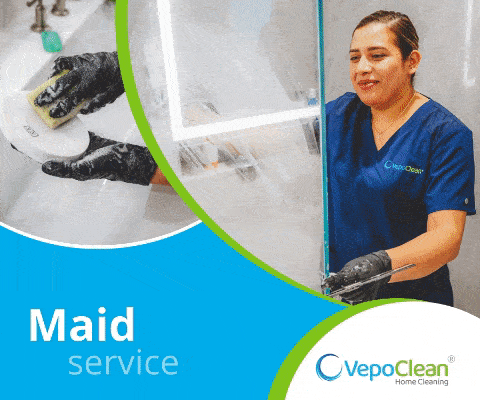In honor of National Infertility Awareness Week, we tasked fertility specialist Leyla Bilali to share more insight into the IVF process, as it something that many women go through privately. In-Vitro Fertilization {IVF} is one of many great options for women + couples who can’t get pregnant, but want to have a baby, as the method can be used for many different fertility issues today. Typically, many of our minds go straight to “infertility” when we the phrase “IVF,” however, infertility is not always the reason many women choose to use IVF. Fertility specialist Leyla Bilali {BS, BSN, RN} of Fertility Together weighs in on just what IVF is, how it works, and more.

How IVF Works
The first part of the IVF procedure involves the same egg retrieval process discussed in a previous egg freezing article. So daily injections and then a procedure involving anesthesia where the eggs are removed and then inseminated with partner or donor sperm to create embryos. Embryos are essentially a fertilized egg — when the egg is inseminated with sperm, it becomes an embryo, which eventually forms into a fetus.
The procedure itself is minimally invasive, short, and has a relatively speedy recovery depending on the number of eggs retrieved.
If you are creating embryos with your male partner, then he will need to provide a semen sample/sperm collection the same day as your egg retrieval or have frozen a sample ahead of time. If you are using donor sperm, then a frozen sample will be used.
Once the eggs are retrieved, embryologists fertilize them with sperm to hopefully create embryos that can later be implanted into the uterus to attempt pregnancy.
See More: Hoboken Girl of the Week: Leyla Bilali {Nurse + Founder of Fertility Together}
Just as with egg freezing, though, there are no guarantees with IVF. A tested embryo has a success rate of 50-60% and an untested embryo depends on your age. Embryos can also be frozen for use later on – months or years into the future.
{Editor’s Note: Leyla’s services include private classes and injection administration where she comes to you in the comfort of your own home.}
How Infertility Can Affect IVF
Infertility is the inability to conceive or get pregnant and can be a diagnosis that affects a woman’s ability to go through with IVF. An infertility diagnosis is given after a year of trying to conceive unsuccessfully if you’re aged 35 or below. That time frame changes to six months if you’re over 35. Age plays a huge role in fertility and your physician can assess where you are on your own timeline with some testing. This testing usually includes a transvaginal ultrasound to count how many follicles {they house your eggs} you have on each ovary and what your uterine cavity looks like, as well as blood work to check your fertility hormones.
IVF and Genetics
Retrieved embryos can be tested ahead of time to make sure they are chromosomally normal, as to avoid risking miscarriage or abnormalities during pregnancy, and to allow mothers-to-be to test for specific genetic conditions that run in her family or that she has a personal history of.
Pre-pregnancy screening for genetic illnesses has become more commonplace and because of that, many women have been using IVF to prevent the passing down of serious conditions, such as cystic fibrosis. The screening itself is done via blood work and there are a variety of tests available depending on which your physician offers. What this screening does make sure you and your partner or sperm donor are not carriers of the same genetic conditions. If/when you are, IVF can be used to test embryos for that specific condition.
Read More: Let’s Talk PMS {With Dr. Meika of CarePoint Health}
IVF and Family Planning
Sometimes people have specific “family plans” and they use IVF to complete their family. By using the chromosomal screening available on embryos, people can test and select the gender of their choice for their child, which is pretty incredible technology.
Uterine Abnormalities and Using A Gestational Carrier
There are a range of uterine abnormalities that a woman can encounter. A uterine abnormality means a woman’s uterus is “abnormal.” One abnormality can be the shape of the uterus — typically, a uterus is T-shaped, but variations in shape can result in an abnormality {think a split in the T or just one horn of the T}. Abnormalities can be caused by trauma or can be something you’re born with.
When it comes to IVF, if a woman has a uterine abnormality, she might want to use a gestational carrier {someone who carries your fertilized embryo to a full-term pregnancy}.
Doctors and fertility specialists can create embryos using your eggs and your partner’s or a sperm donor’s sperm. It’s important to note the difference between a gestational carrier and a surrogate/surrogacy – the latter is when a female is inseminated directly and therefore using her own eggs rather than carrying someone else’s embryo which is not genetically related.
This is just the tip of the fertility journey iceberg when it comes to family planning, but hopefully it sheds more light on the IVF process and how it works and can be used.
If you have more questions for Leyla, get in touch with her by emailing fertilitytogether@gmail.com.










